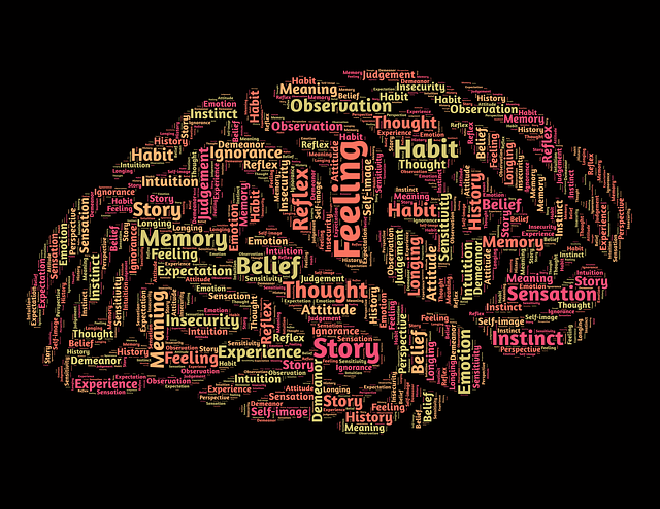

In an article signed by Nik Papageorgiou and published today by the École Polytechnique Fédérale de Lausanne, the institution revealed that EPFL scientists have found that changing the “packaging” of DNA in neurons can turn memories on or off in mice.
At the same time, scientists know that the biology of learning is accompanied by epigenetic changes, which refers to the ways the cell regulates genes by adding chemical “post-it notes” on DNA.
But the question of whether the epigenetic state of a single gene in turn can cause a memory to change has thus far remained unanswered.
The “epigenetic switch” #
The researchers developed specialized, CRISPR-based tools that could either dial down or boost Arc activity in memory neurons. Some, like the KRAB-MeCP2 tool, were designed to switch off gene activity by adding repressive marks that make the DNA less accessible, while others opened the DNA and turned the gene on. These tools were essentially an “epigenetic switch” for the Arc gene.
The study showed that epigenetically silencing Arc in engram cells made the mice not learn -wrote Papageorgiou-, while boosting it made their memory stronger. These changes could be reversed in the same animal, showing that this epigenetic “switch” can dial memory expression up or down. Even memories that were already several days old, which are usually hard to change, could be modified. On the molecular level, the editing caused changes in gene activity and DNA packaging that matched the behavioral effects.
Controlling memory expression #
The study is the first direct demonstration that changing the epigenetic state in memory cells is necessary and sufficient to control memory expression. It points to new ways of exploring how memories are stored and altered, which could eventually also be relevant in humans.
Citation #
- The study Cell-type- and locus-specific epigenetic editing of memory expression was published in Nature Genetics. Authors: Davide M. Coda, Lisa Watt, Liliane Glauser, Mykhailo Y. Batiuk, Allison M. Burns, Cora L. Stahl, Lok Y. Wong & Johannes Gräff
Other contributors #
-
EPFL Bioinformatics Competence Center
-
EPFL Synapsy Research Center for Neuroscience and Mental Health
Funding #
-
ERC Consolidator Grant
-
Swiss National Science Foundation (SNSF)
-
Chan Zuckerberg Initiative
-
Vallee Foundation
-
Synapsis Foundation Switzerland
-
Human Frontier Science Program (HFSP)
Contact [Notaspampeanas](mailto: notaspampeanas@gmail.com)

